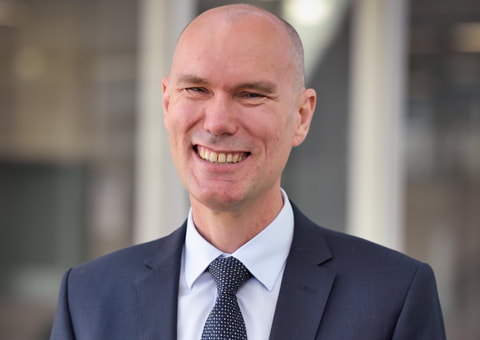The war in Ukraine continues to present the whole world with a challenge as to how to respond to such an invasion by a nuclear power. Are we seeing the establishment of a model for other totalitarian states to follow who also have territorial ambitions? Are sanctions going to be enough to slow down the advancing Russian military machine? Will we see further incursions into European states which result in a more widespread conflict?
Historians have been quick to identify parallels with the early days of World War Two, even drawing parallels between the Russian leadership and the German leadership in the 1930’s. These similarities are legion providing commentators and analysts with much to consider as the conflict continues.
One such similarity, however, which hasn’t received much attention, relates to the declining confidence in truth and certainty that preceded World War Two and the “post-truth” era in which we currently find ourselves.
Friedrich Nietzsche, a man whose thinking was way before his time, published “Beyond Good and Evil” in 1886. His undermining of traditional concepts of morality stirred many an intellectual mind in the first half of the twentieth century, including Jean-Paul Sartre’s, whose pre-war philosophy lamented the fact that humanity is born but has no essence, no reason for being and certainly no purpose. Nietzsche, of course, was embraced by Hitler who saw in Nietzsche’s philosophy a rationale for his own antisemitism and extreme nationalism (perhaps in a manner that would have disgusted Nietzsche himself). Other existentialist thinkers, such as Martin Heidegger, provided their unreserved support to Hitler, suggesting that there was something fundamentally lacking in the philosophy that he espoused, given that he was unable to recognise the greatest evil of the twentieth century for what it actually was.
Today, there are similar voices which preach cynicism rather than conviction. There is no truth, only your truth and my truth – and we can find support for our own truth by immersing ourselves in our echo chambers that reinforce the validity of what we already believe. Vladimir Putin’s war has been a propaganda war just as much as it has been a physical war, and the west, having lived through a presidency where the American people (and the people of the world) were told not to trust the mainstream media, is struggling to set out clearly just what is true, what is right and what, therefore, should be done.
And yet, just like in World War Two, when faced with the overwhelming evidence that we are seeing something that is profoundly evil unfold, we have found a certainty and confidence once again that reminds us that, despite our hesitation and our intellectual equivocations, there is in fact right and wrong, good and evil; there is, in the end, love and hate, and we need to stand up for what is right and what is good. This was brought home to me in an article written by Diana Reid on the Sydney Morning Herald website (you can access this article here) who writes passionately about the moral certainties that we are aware of around the invasion of Ukraine.
“Freedom, democracy, human decency … these remain vital. You only need to look at the global reaction to Putin’s invasion of Ukraine to see that we’re still capable of unashamed moral certainty: almost religious in its fervour, and childlike in its simplicity. The Ukrainian cause is just, their sacrifices noble. Putin’s invasion is evil …. That suggests to me, for all our scepticism of the West and the rhetoric that attaches to it, we retain some certainties. We know what it’s like to live in a democracy, and we know it’s worth fighting for.”
Despite our culture’s intellectual dalliances with relativism, existentialism and nihilism, we are able to recognise manifestations of evil such as Putin’s invasion. We remain committed to the idea that there is right and there is wrong. In the end, the moral law that we all acknowledge is just one signpost pointing to the existence of a transcendent God. The philosopher Immanuel Kant, who believed that God must exist for there to be a moral fabric to the universe, had inscribed on his tombstone
“Two things fill the mind with ever new and increasing awe and wonder – the starry heavens above me and the moral law within.”
Dr James Pietsch
Principal

